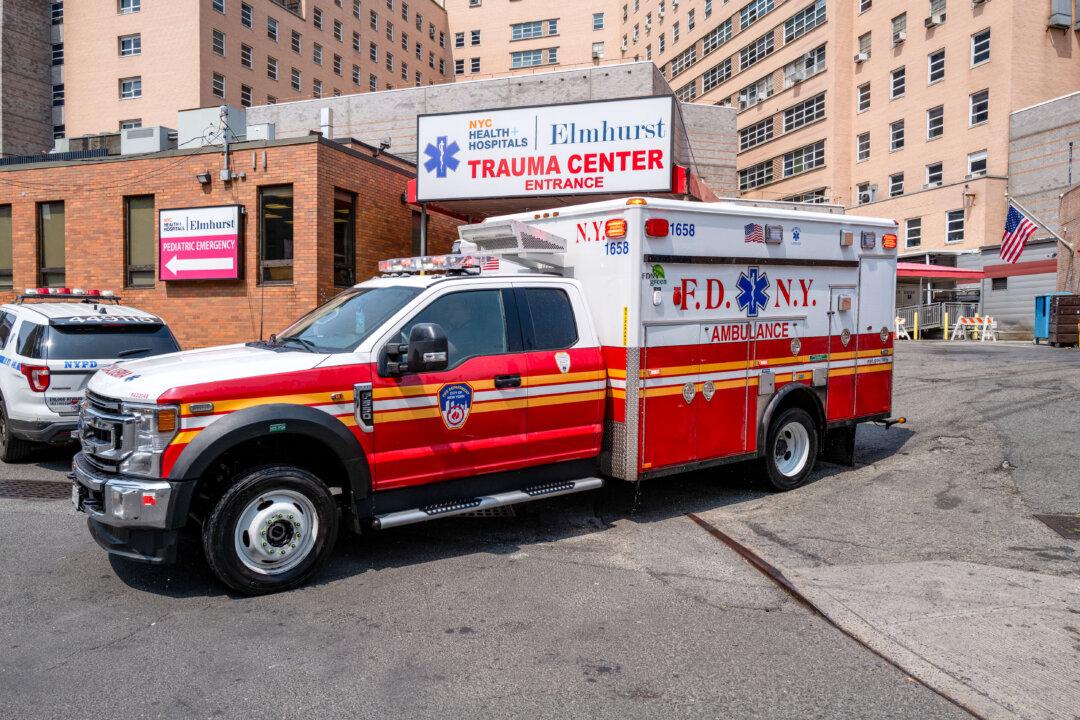In the aftermath of a Supreme Court ruling last week that dismissed an appeal over Idaho’s abortion law, two top federal officials sent letters to hospitals saying that they have a legal requirement to perform emergency abortions.
In a letter from Health and Human Services Secretary Xavier Becerra and Centers for Medicare and Medicaid Services (CMS) Director Chiquita Brooks-LaSure to health care providers, the two said hospitals are required under the law to require what they described as stabilizing treatment, including abortions.





